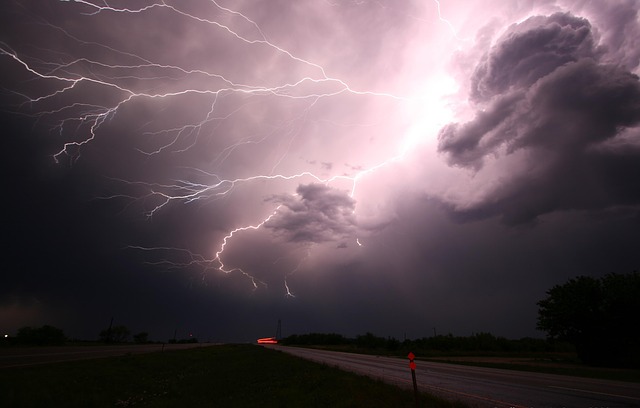Preparing for Extreme Weather Events
Posted on Wednesday, June 1, 2016, 12:12 PM, by Amy Meerovich, under
Canada News

Including the most recent wildfire in Alberta, the Canadian government has spent more money on extreme weather disasters over the last six years than the previous 39 years combined. According to a
recent audit, research shows that the effects of climate change are only going to worsen in the coming years and Canada is not prepared. Already, the Northwest Passage, once impassable due to ice, will be navigated by a luxury cruise ship later this year. Researchers are afraid that homes and buildings won't be strong enough to withstand the flooding and damages that can come with these changes in weather.
What Canada Can Do
Different provinces are starting to plan for these changes with strategic investments and updated building practices. New building codes are being implemented that factor in minimum levels of weather resilience to ensure that they will be able to withstand the effects of extreme weather. Land use plans are encouraging developers not to build in flood plains--but this isn't enough. Flood plain maps are outdated and need to be changed to accommodate the new climate. Dams and bridges need to be reinforced to withstand strong winds and severe winter weather. Citizens need to be better educated about the potentials for disaster and what they can do to protect themselves.
What You Can Do
Know what kind of weather to expect. Different weather calls for different preparation. In the event of flooding, move all of your valuables to the highest floor of your home. If a wildfire is approaching, clear out your gutters and remove all leaves, debris and anything that could easily catch fire from your yard. During a storm, stay inside and don't drive anywhere.
Make a disaster supply kit. Every family should have an easily accessible kit including water, non-perishable food, a can opener, a flashlight, a first aid kit, a dust mask, and a wrench. The kit should be personalized to each family member and include at least three days of medications.
Establish an emergency plan. Even if there are no looming weather risks, it is important to plan with your family in the event of an emergency. Establish how you will communicate with each other and if someone isn't home, how they will be contacted. Assign someone to turn off all utilities and gather important documents.
Educate yourself. The most important step in preparing for a disaster is learning as much as you can. Know what kinds of extreme weather your location is at risk for and what precautionary measures you will need to take. Doing research in advance will keep you out of the frenzy of preparing for disaster to strike.